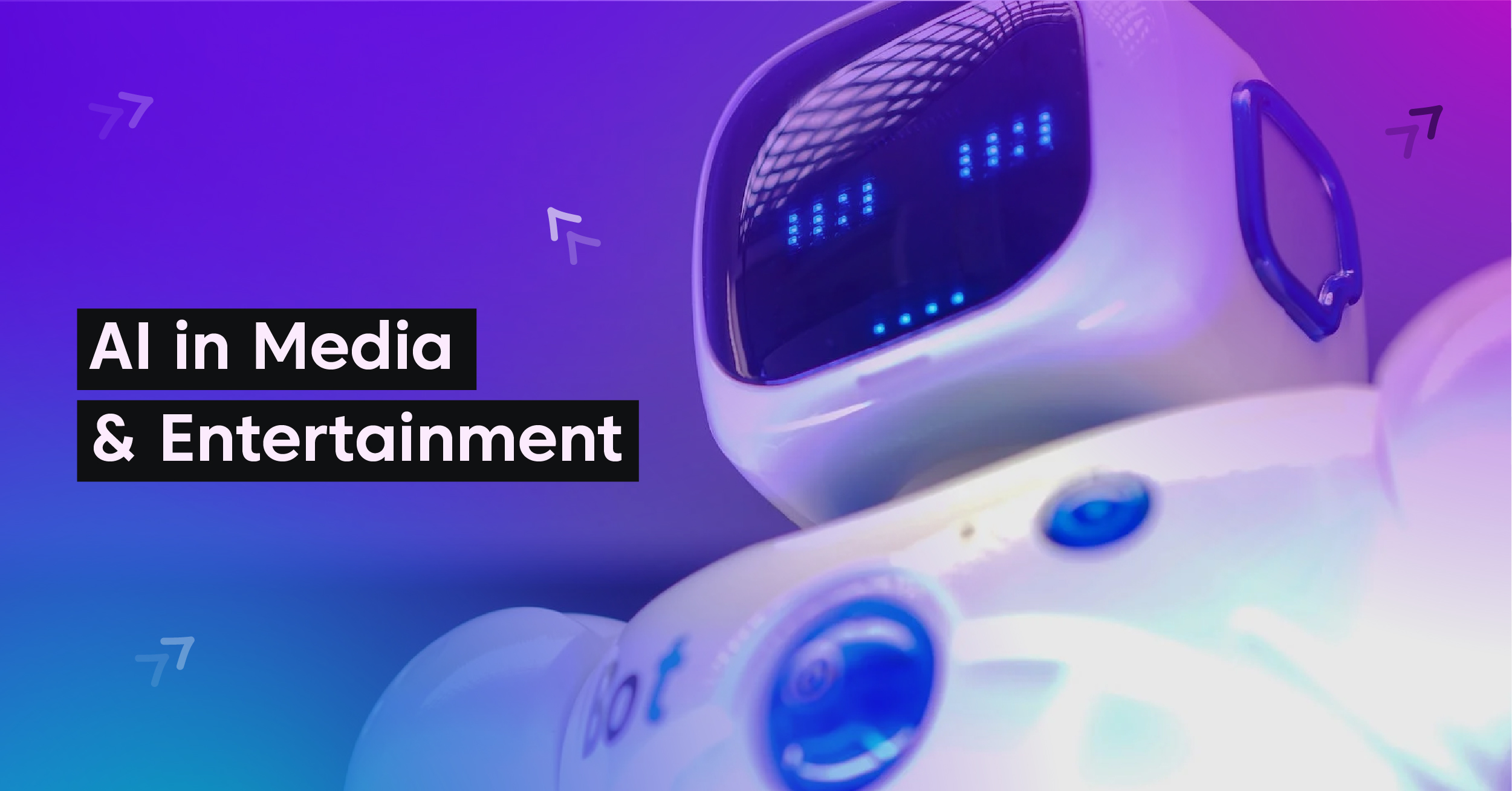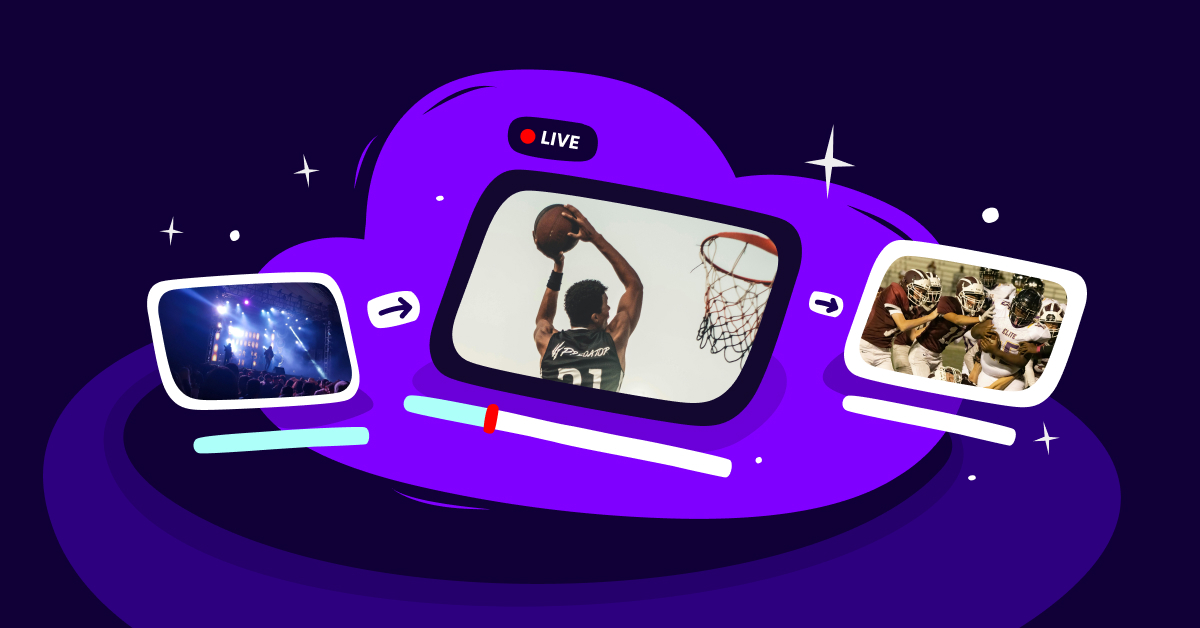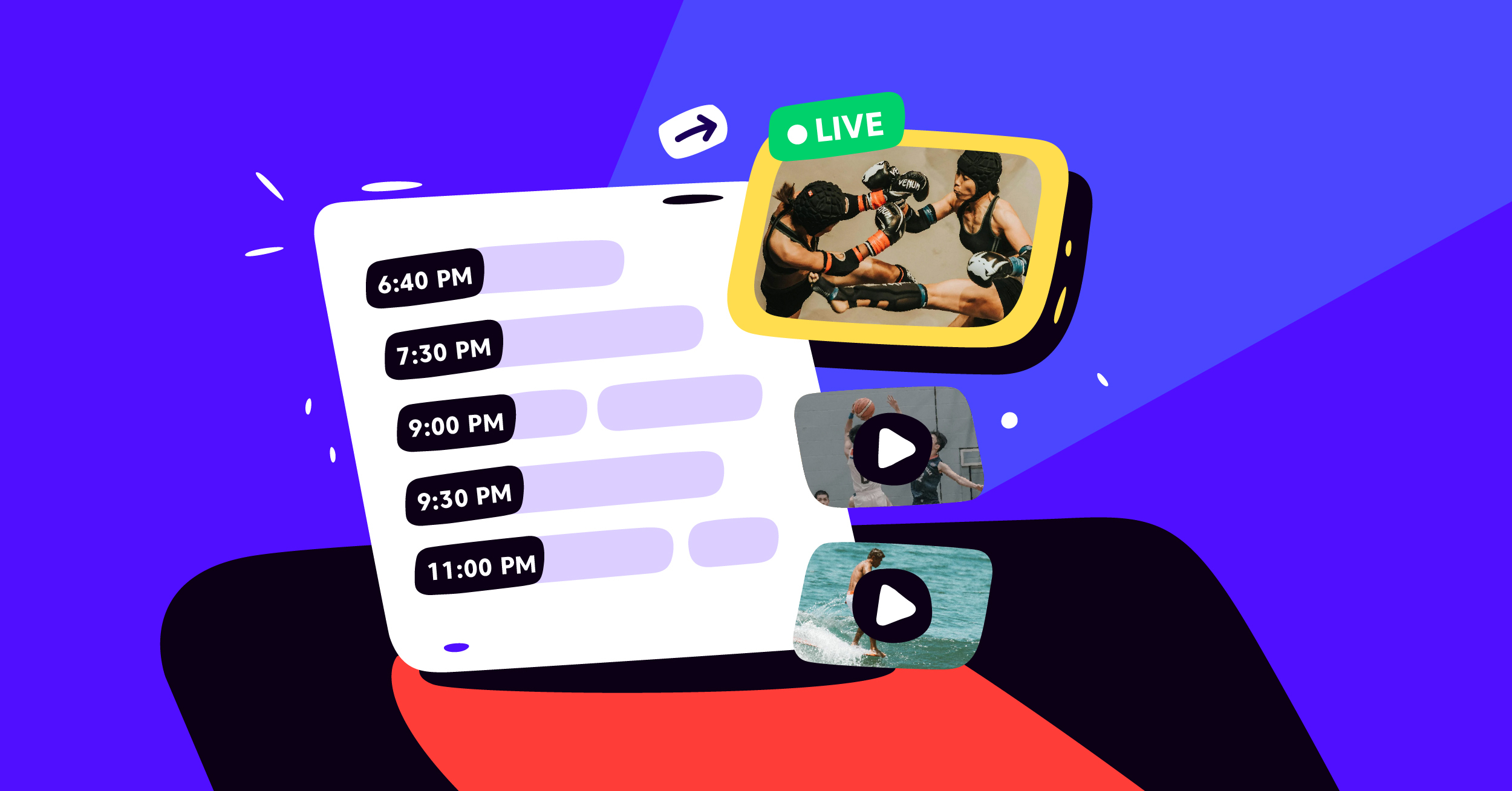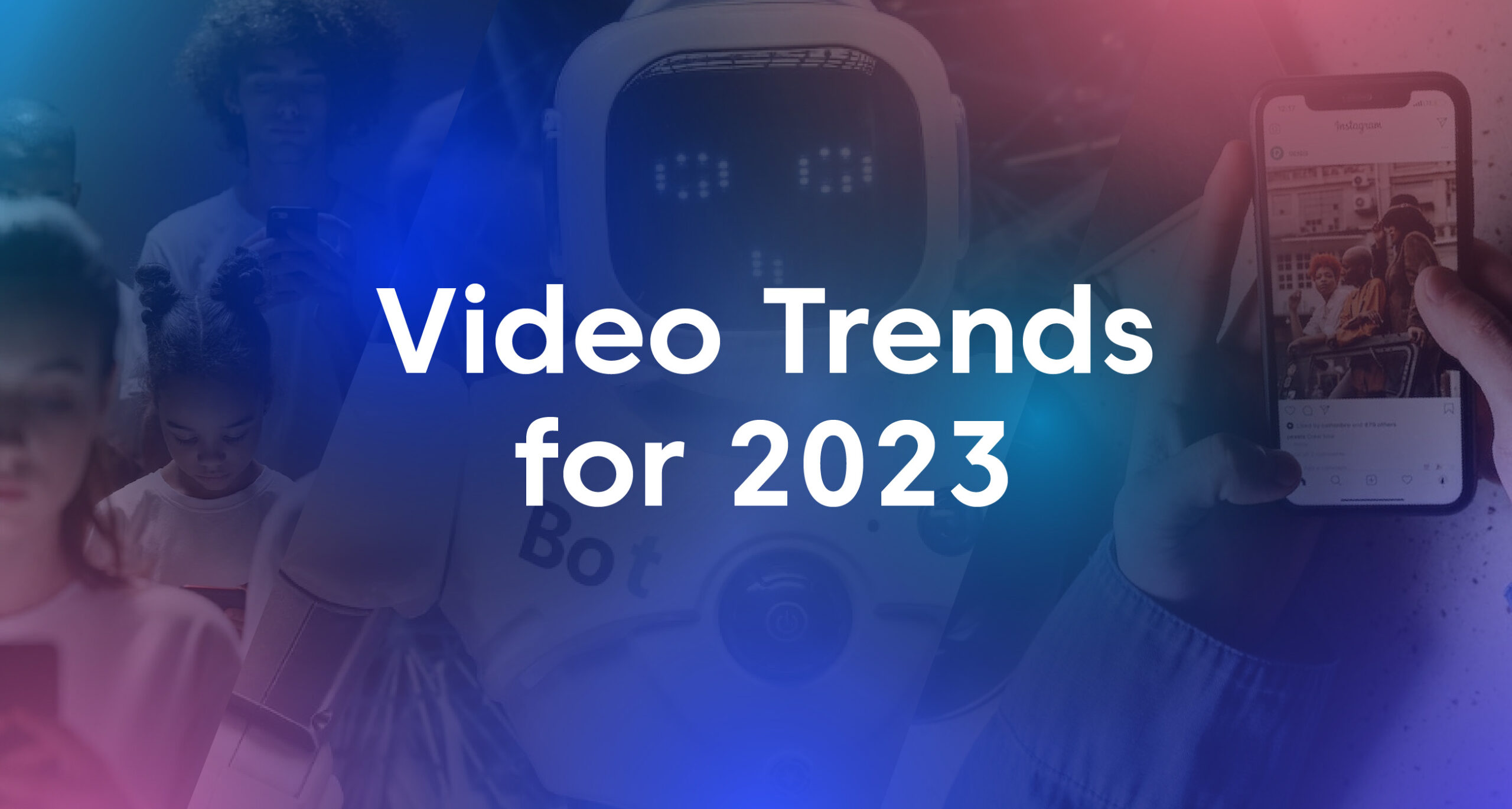Artificial Intelligence (AI) is becoming a superstar in Media and Entertainment Industry. You’re probably curious about how AI fits into the different fields of the media industry, like movies, TV shows, and video games you love. We’re here to show you the incredible impact of AI in Media. Get ready to be blown away by how AI makes our entertainment experiences even more awesome and lifelike than ever! 🌟
Can you believe that by 2029, the global AI market will be worth a whopping USD 1394.30 billion? That’s a huge number! And guess what? It’s only going to keep growing. According to Globe Newswire, the AI market will expand at a compound annual growth rate (CAGR) of 20.1% from 2022 to 2029. That means AI will play an even bigger role in the entertainment world as time passes! 📈
AI is used extensively in the media and entertainment industry for all sorts of things, like making gameplay more realistic, spotting fake stories, catching plagiarism, managing production schedules, personalizing content, boosting sales and marketing, and even discovering new talent. All these cool uses are helping AI grow fast in the media and entertainment sector. 🎮🎬
We will explore the amazing world of AI in the Media and Entertainment Industry through this blog post. Let’s look closely at how AI is shaping the future of the media and entertainment industry.🚀
The Market Trends and Forecast of AI in Media and Entertainment
Artificial Intelligence (AI) is changing the media and entertainment industry in this age of digital transformation. Through machine learning and automated content moderation, AI has the potential to change how traditional media platforms work. AI can improve media experiences in many ways, such as facial recognition technology, Natural Language Processing (NLP), and deep learning algorithms. AI will shape the future of media and entertainment.
The growth of AI in media and entertainment is only just beginning. Its potential is tremendous. For creating more immersive and lifelike experiences in various industries, from virtual reality to interactive storytelling AI is playing a significant role. Now, look at some numbers more closely to see how AI changes the entertainment world.
In 2022, the AI market was worth US$68.8 billion worldwide. But that’s only the start! According to ReportLinker, the market will have grown to a crazy $459.3 billion by 2022. From 2022 to 2030, that’s an annual growth rate (CAGR) of 26.8%.
If you look at it more closely, the software segment also overgrows. The software segment is expected to reach a market size of US$188.2 billion by 2030, with a CAGR of 26.5% from 2022 to 2030. The hardware segment is also doing well, with a revised CAGR of 22.9% for the next 8 years.
Now, let’s focus on a few countries in particular. The AI market was worth $24.4 billion in the United States in 2022. China’s AI market, on the other hand, is expected to grow at a compound annual growth rate (CAGR) of 31.1% from 2022 to 2030, when it is expected to be worth US$87.6 billion. Japan, Canada, and Germany are also on the move. From 2022 to 2030, their CAGRs are 21.3%, 23.4%, and 26.9%, respectively.
Now, let’s focus on the trends and forecasts of AI in the media and entertainment business. In 2021, the global market for AI in media and entertainment was USD 10.87 billion. With a CAGR of 26.9% expected between 2022 and 2030, the future of AI in media and entertainment looks very bright. 🎬🎮
So, it’s clear that AI will play a massive role in the Media and Entertainment industry in the coming years.
Examples of AI in Media
AI has become a helpful tool for media companies and employees to improve their favorite content. Let’s look at examples of how AI is used in the media world!
Brainstorming Content Ideas with AI
Media companies are using AI to help brainstorm creative content ideas. AI algorithms can analyze trends, viral media content ideas, audience preferences, and popular themes to suggest fresh and engaging ideas for media company employees to develop into movies, TV shows, and articles.
Content Creation

Many media outlets use AI to help create content. For example, AI can write news articles, generate video summaries, and even help create movie trailers! It means media company employees can focus on tasks like creating great story ideas or finding the perfect music for a scene.
Content Moderation:
Media companies often use an automated content moderation service powered by AI to keep online spaces safe and enjoyable. This service helps quickly identify and remove harmful content like hate speech, violent images, and bullying messages. This way, users can enjoy a more positive experience when interacting with media content.
AI for Scriptwriting
Did you know AI can help write scripts for movies and TV shows? AI can analyze successful scripts from the past to understand what makes a great story. It can generate new and unique storylines, characters, and dialogue, making the scriptwriting process faster and more efficient.
Natural Language Processing (NLP) in Storytelling
NLP is a branch of AI focusing on understanding and processing human language. Media companies use NLP to create engaging and interactive storytelling experiences. For example, a developer can use NLP to develop chatbots that mimic real characters from movies and TV shows, allowing fans to converse with their favorite fictional characters!
Fake News and Violence Detection:
Fake news and violence are big problems today. AI has revolutionized how social media functions. AI-powered computer vision can help media companies to detect offensive materials. AI algorithms can analyze news articles, social media posts, and other content to determine whether they are real or fake. It helps media outlets ensure that their information is accurate and reliable.
Personalized Recommendations:
Have you ever wondered how streaming services like Netflix know what you want to watch next? That’s AI in action! AI helps analyze your viewing history and preferences to suggest media content that you may enjoy. It makes finding great movies, TV shows, and music that match your taste easier.
Enhanced Visuals and Sounds:
AI is also used to improve the quality of media content. For example, AI can help restore old movies or TV shows by fixing damaged scenes, enhancing colors, and sharpening images. AI can also be used to improve audio quality, making it clearer and more enjoyable to listen to.
AI-Powered Video Editing
AI is also used to make video editing faster and more precise. AI algorithms can automatically detect and edit specific scenes, detect emotions, and even create summaries of long videos. It helps media company employees save time and focus on other essential tasks.
AI in Audio and Music Production
AI can help in composing music and enhancing audio quality. For example, AI can generate background music for movies or TV shows, create new sound effects, or remove unwanted noises from recordings. It makes the final audio product clearer and more enjoyable for audiences.
AI and Visual Effects in Film and TV
AI is revolutionizing how visual effects are created in movies and TV shows. AI can help design realistic 3D models, simulate natural phenomena like water and fire, or even create entire digital environments. This results in more visually stunning and immersive content for audiences to enjoy.
AI in Live Broadcasting and Streaming
AI is used to improve the quality of displaying visual content in live broadcasts and streaming services. AI can help in automated content moderation, ensuring that harmful content is quickly detected and removed to improve the customer experience. It can also optimize video quality and reduce buffering times, providing a better viewing experience for users.
AI for Audience Engagement and Analytics
Media companies use AI to analyze audience behavior and preferences. AI can help media outlets understand what content resonates with their audiences. It helps them create more engaging and relevant content. Marketers in the media and entertainment industry use AI to track audience engagement, like the number of views, likes, and shares, to measure the success of a media campaign.
AI is increasingly important in the media and entertainment industries. It helps media companies create better content, brainstorm content ideas, fight fake news, moderate harmful content, offer personalized recommendations, and improve the overall quality of media content. As AI develops, we can look forward to even more exciting and innovative ways it will be used in the media world!
Challenges of Adopting AI Technologies in Media and Entertainment Industries

The world is changing quickly, and the media and entertainment industries are no exception. With the advent of Artificial Intelligence (AI) technologies, new opportunities exist to make the industry more efficient and effective. However, we have to address some challenges. Let’s explore some challenges for adopting AI technologies in the media and entertainment industries.
Cost:
One of the first challenges is the cost of using AI technologies. Small companies may need more money to invest in AI tools. These tools can be expensive, especially when you need to train them with lots of data. Companies must consider whether the investment will be worth it in the long run.
Data Privacy:
AI systems need lots of data to learn and improve. This data might include personal information in the media and entertainment industries, like people’s preferences or online activities. Some people are worried about their privacy and may not want companies to use their information. This can make it harder for companies to collect the data they need for their AI systems.
Job Loss:
AI can help make some tasks faster and more efficient. This can be good for companies, but it can also lead to job loss for people who used to do those tasks. For example, AI can write news articles, create movie trailers, or even compose music. Workers in these industries might feel threatened by AI and worry about their job security.
Quality Control:
AI is improving at creating content, but it could be better. Sometimes, AI can make mistakes or create content that needs to be clarified. This can lead to lower quality in media and entertainment. Companies need to ensure they have a way to check the quality of AI-generated content.
Ethical Concerns:
There are some ethical concerns related to AI in media and entertainment. For example, AI can create deep fake videos, which are videos that make it look like someone is saying or doing something they didn’t do. This can be harmful and spread false information. Companies must be careful when using AI to create content, so they don’t accidentally cause harm.
Public Acceptance:
People need to accept and trust AI in media and entertainment. Some people prefer to avoid AI creating their favorite songs, movies, or news articles. It might take time for people to get used to this new technology and trust that it can produce high-quality content.
Effects of AI on Human Creativity in Media and Entertainment
AI is influencing many aspects of the media and entertainment world. Media producers use AI to analyze user behavior, helping them create content that people are likelier to enjoy. While this can lead to better content, it might also cause producers to rely too much on AI, which could limit their creativity.
Media professionals also use AI to track user behavior, giving them valuable insights into audience preferences. It can help them make more appealing content, but it might lead to less creative risks, as they may only focus on what the AI says people like.
AI creates special effects, designs set, and even writes scripts in visual media. Although this can make the production process faster and more efficient, AI could replace some creative jobs.
The music industry is also experiencing changes, with AI helping to compose songs and even create entire albums. It can be an exciting new way to create music. Still, it might also make some musicians worry about their creative skills and whether AI-generated music will eventually replace the human-created piece.
Media providers, like streaming services, use AI to make personalized user recommendations. This can help people find the content they’ll enjoy but might also lead to a “filter bubble.” This is when people only see content the AI thinks they’ll like and miss out on discovering new, creative works different from their usual interests.
AI also automates news production by writing news articles and creating video reports. While this makes the news more accurate and up-to-date, it also means that journalists need to find new ways to stay creative and relevant in their profession.
Finally, online advertising is another area where AI is having an impact. AI can create personalized ads based on user behavior, making them more likely to be effective. However, this could lead to less creative advertising as companies rely more on AI-generated ads than human-created ones.
AI is having a significant effect on human creativity in the media and entertainment industries. While it can make processes more efficient and help create content that people enjoy, it’s essential to balance using AI and to nurture human creativity to keep the media and entertainment world fresh and innovative.
Investment Opportunities in AI-driven Media Industries
AI-driven media industries have become hot topics in recent years. It offers exciting investment opportunities for those interested in technology and entertainment. The rise of natural language processing (NLP) and machine learning has created new ways for people to interact with and consume media content.
One area gaining much attention is the development of chatbots and virtual assistants. These AI-powered tools use NLP to understand and respond to human language. It makes accessing information and engaging with digital platforms easier. As a result, companies that develop and improve chatbot technology are becoming increasingly valuable.
Another promising investment opportunity lies in the realm of content creation. AI-driven tools can generate text, images, and even music, all with the help of NLP algorithms. As these technologies continue to improve, we expect to see a rise in demand for AI-generated content across various media platforms. It offers the potential for significant growth in the companies that develop and refine these creative technologies.
AI-driven media personalization is also attracting investors. AI can tailor the content to individual tastes by analyzing user preferences and patterns. It’s making the media consumption experience more engaging and enjoyable. This personalized approach benefits users, content creators, and advertisers, who can target their messages more effectively. As a result, businesses that focus on AI-powered personalization technologies are likely to see increased demand.
AI-driven media industries present a range of lucrative investment opportunities. From chatbots and virtual assistants to content creation and personalization, there is no shortage of exciting prospects for investors looking to enter this rapidly evolving sector. The key to success will be staying informed and identifying the companies at the forefront of NLP and AI advancements in media.
Conclusion
Because of its huge growth potential, the number of investment opportunities has grown significantly in recent years. Lastly, AI has a bright future in the media and entertainment industries because it gives people new ways to make more interesting content while cutting costs and making more money. Companies need to invest more and more in AI-driven technologies to stay ahead of the competition and take advantage of opportunities.








